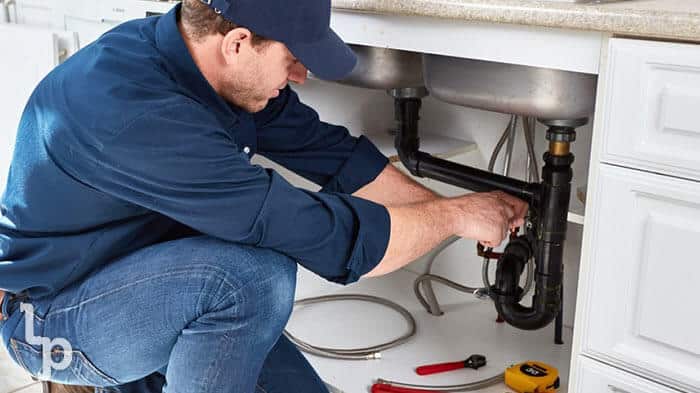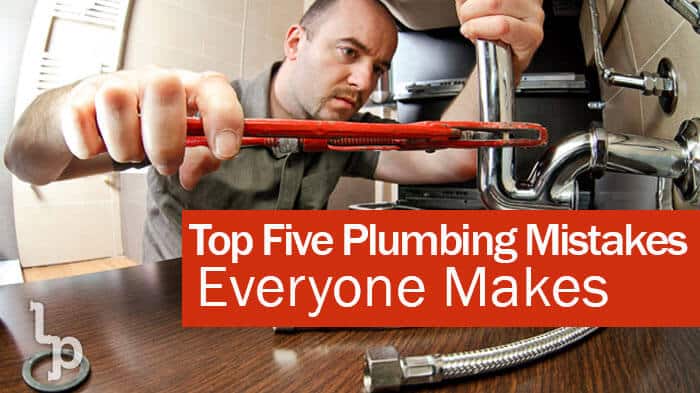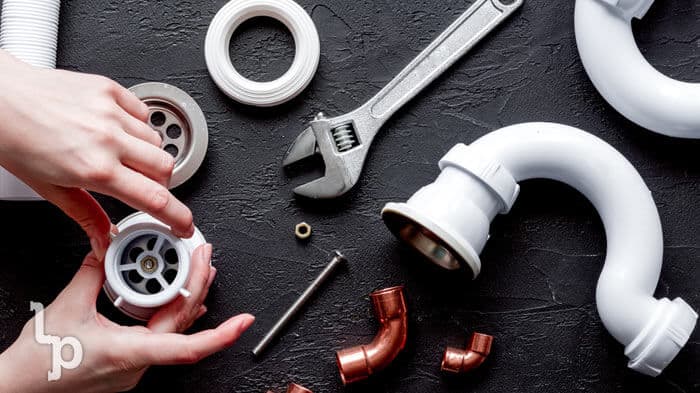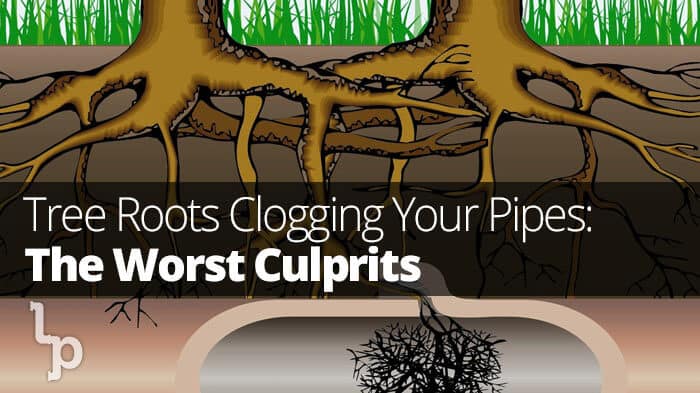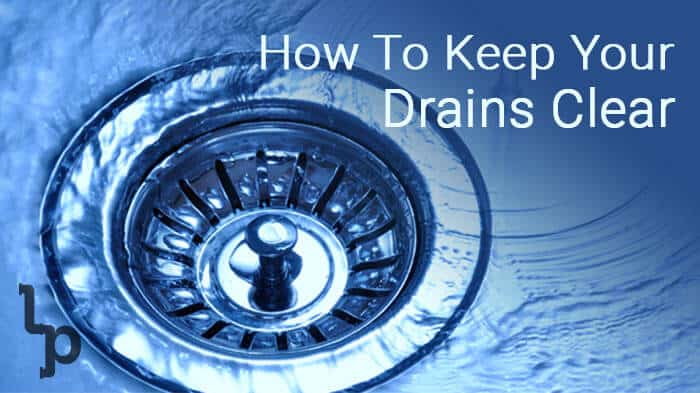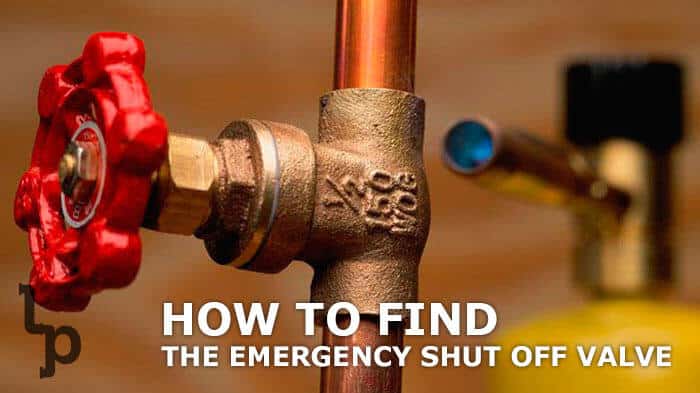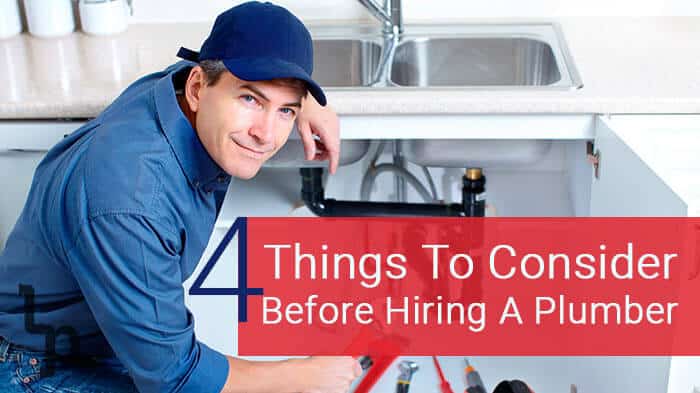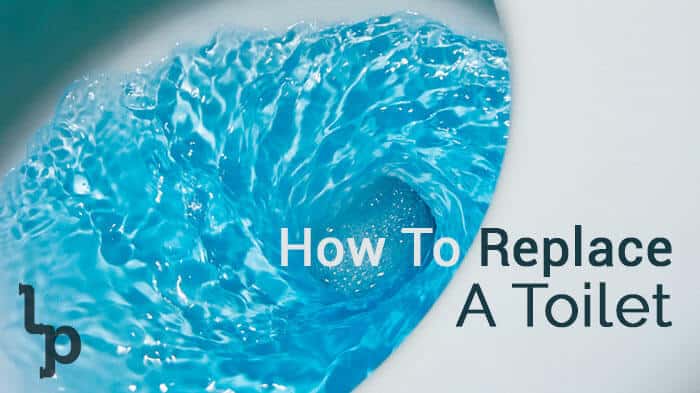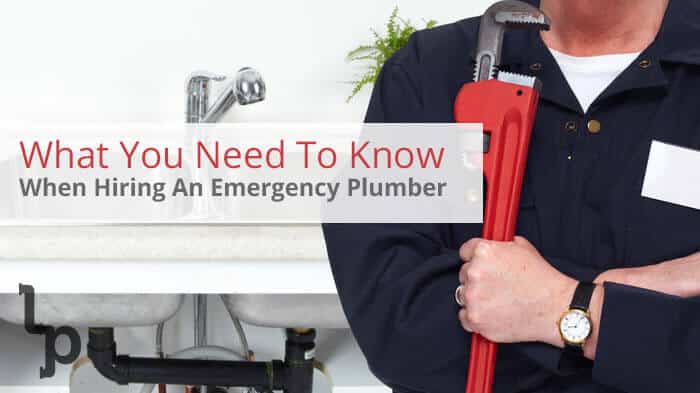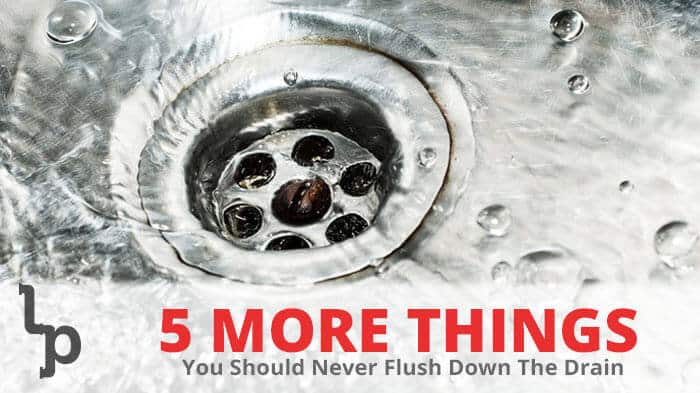
Everyone has plumbing issues at some point.
It could be anything from a severely clogged toilet to a plumbing disaster.
When that happens, you might be tempted to hire the best plumbing repair company you can find.
Until you get the price estimates.
Then you might wonder if the rates are worth it.
Do you really need to hire the best when you can just go with the lowest possible quote?
The truth is the plumbers who charge the least aren’t always the best choices for the job.
Some plumbers operate in an unlicensed fashion, while others do.
The ones who do are called certified plumbers.
And hiring a certified plumber for your job may be the best choice you could make.
Read on to discover why.
What is a certified plumber?
Certified plumbers, also known as plumbing contractors, are a step up from ordinary plumbers.
The biggest difference is an accreditation with a trades organization.
Here in Ontario, tradespeople are governed by the Ontario College of Trades.
The organization maintains a public registry of tradespeople in Ontario, which includes electricians, iron workers, roofers, steamfitters, heavy equipment operators, millwrights, stone masons, and of course, plumbers.
You can view the registry here.
Feel free to search for our fearless leader, Aron Oretan – you’ll find he’s registered as a certified plumber.
But why hire a certified plumber?
First of all, certified plumbers have more up to date training, which means they’re privy to the latest techniques in plumbing installation and repairs.
Certified plumbers are also insured, which means you’ll be protected in case anything goes wrong.
And if you hire an unlicensed plumber and they make a mistake and cause damage, you’ll have to hire a certified plumber anyway to repair the damage.
While the price tag may be a bit higher with a certified plumber, in the long term it will be better.
It’s like buying a $30 pair of shoes that will fall apart in a year vs. a $200 pair which will last 15 years.
Sure it’s more money out of pocket right now, but over the long term which is the cheaper option?
Why Hiring a Certified Plumber is Worth the Cost
Plumbers need to have a diverse group of skills they can call on in order to be successful.
Yes, plumbers do need to be able to connect pipes to fixtures, but they also need to do anything from installing a toilet to retrofitting the plumbing of an entire building.
Certified plumbers also need to do all these jobs according to specific building codes, know which building code applies to which project and even have the required licenses for the jobs they need to do.
If that weren’t enough, they may even have to factor in environmental efficiency and aesthetics, especially if they’re retrofitting plumbing.
These are skills and experiences that an apprentice or journeyman plumber won’t have.
The bottom line is that a certified plumber is very knowledgeable about their craft, and you can trust them to do their job correctly, ethically and follow through afterward.
What Kind of Jobs Require a Certified Plumber?
You should always hire a certified plumber to take care of any plumbing issues in your house.
But the more complex the job, the more you’ll need a certified plumber onboard to help.
For example, if you need to replace a toilet handle, you might be able to get by without a certified plumber.
If you’re doing some repiping, adding a new bathroom or installing multiple plumbing fixtures, though, you’ll want to have a certified plumber on the job to make sure it’s done right.
You’ll also want to hire a certified plumber if your job requires multiple plumbers.
They will be able to hire other contractors to work with them.
Most certified plumbers have other plumbers they can work with, both apprentices and journeypersons, so they have a crew they can count on to make sure a large plumbing project is done right.
Contact London Plumbing
Have a plumbing problem?
Want an expert opinion?
We can help.
Contact London Plumbing for a consultation today.
Stuck? Give Us A Call
Once you’ve shut the water off, take a deep breath, and give us a call. Here at London Plumbing, we’re here to help, no matter your plumbing needs.

